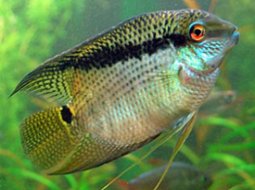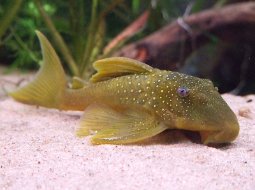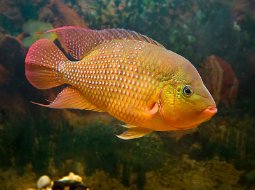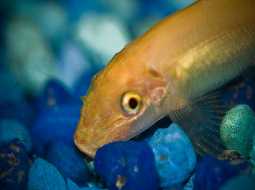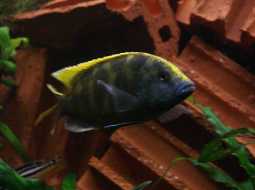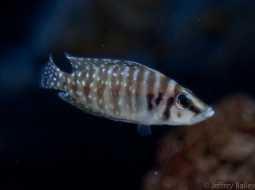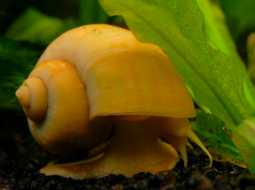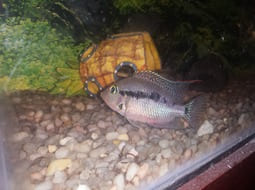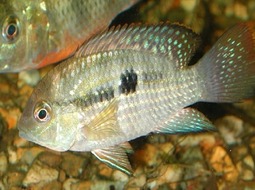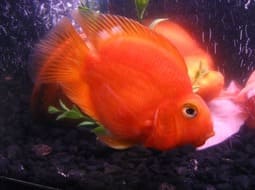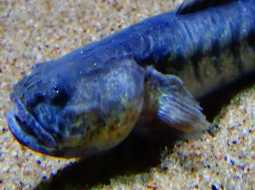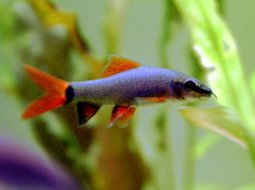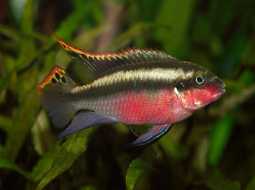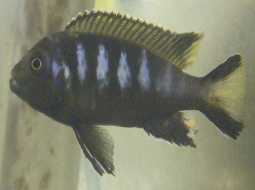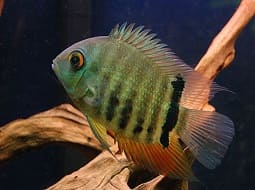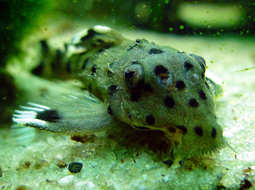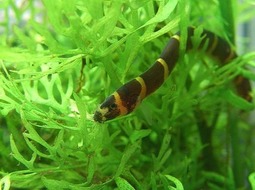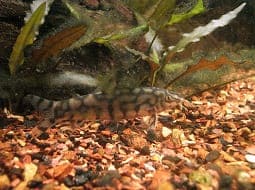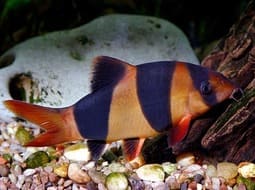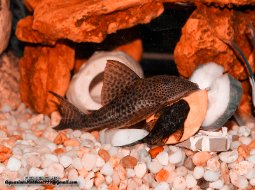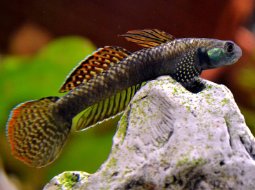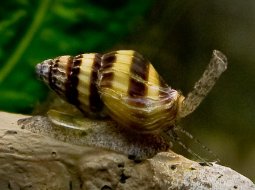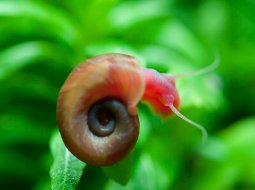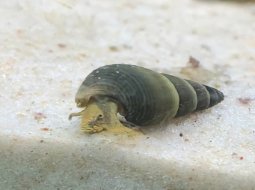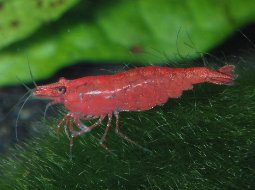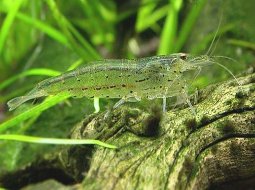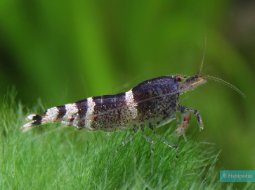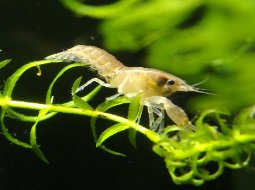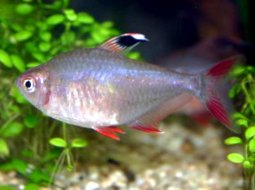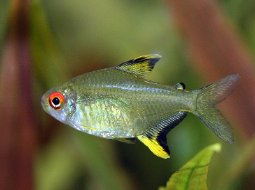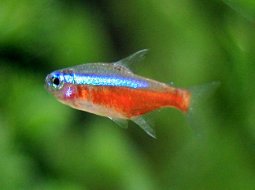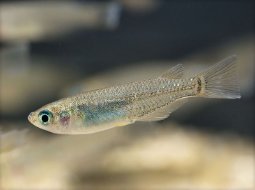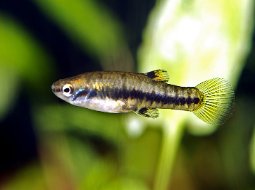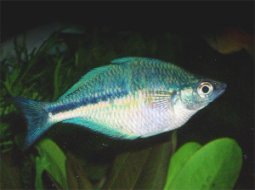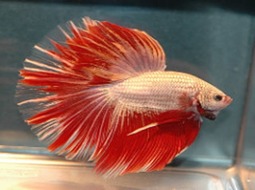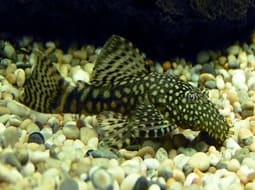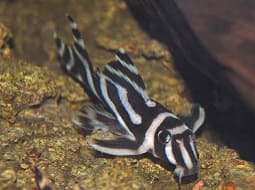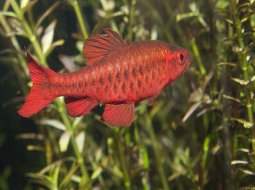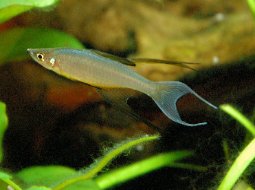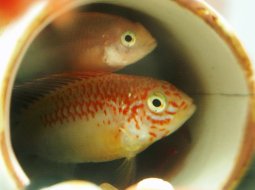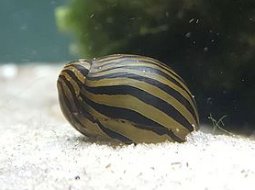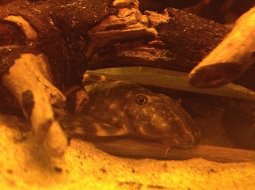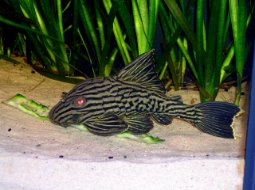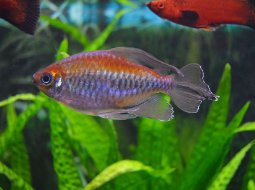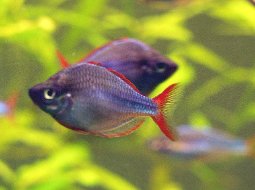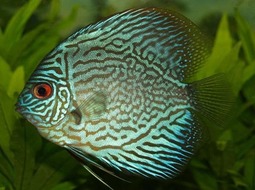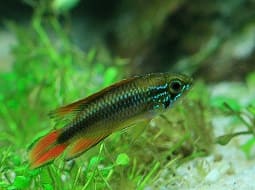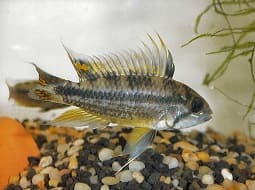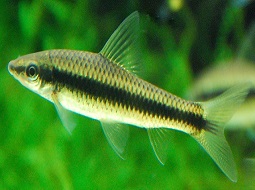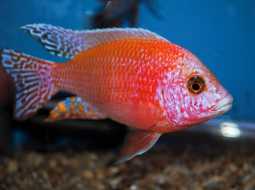
Loading Aqualapp ...
Care and Compatibility of Gray bichir - Polypterus senegalus
Introduction
Polypterus senegalus, also known as "Senegal Bichir" or "Cuvier's Bichir," is a species of freshwater fish native to Africa. This fish possesses unique characteristics and a prehistoric appearance, making it a popular choice among aquarium enthusiasts.
Polypterus senegalus is an elongated fish with a body covered in hard scales and a pair of long, spiny dorsal fins. Its coloration ranges from dark to light shades, with a pattern of stripes or spots that give it an eye-catching appearance. These fish are considered living fossils, as they have existed on Earth for millions of years.
Behavior
Polypterus senegalus are slow-moving, predatory fish. They spend most of their time near the bottom of the aquarium, where they search for small prey. They are solitary and territorial fish, so it is recommended to keep them in spacious aquariums with hiding places and areas for exploration.
Sexual Dimorphism
Sexual dimorphism in Polypterus senegalus is minimal and difficult to distinguish. Both males and females have a similar appearance. However, males may develop tubercles on their pectoral fins during the breeding season.
Reproduction
Breeding Polypterus senegalus in captivity is a challenging and uncommon process. They are egg scatterers, where the female releases the eggs and the male fertilizes them externally. To stimulate reproduction, changes in water conditions, such as temperature reduction and partial water changes, are required. Providing a suitable spawning site, such as a cave or flat surface for the eggs to adhere to, is necessary.
Aquarium Conditions
Polypterus senegalus, also known as the dinosaur bichir, is a primitive-looking fish that requires a spacious aquarium with abundant hiding spots and exploration areas. It prefers warm, well-oxygenated water, with efficient filtration to maintain water quality.
Feeding
In the wild, Polypterus senegalus feed on a variety of live prey and small aquatic organisms. In the aquarium, they will accept dry foods such as pellets and flakes, but live or frozen foods should also be offered to meet their nutritional needs. Some options include worms, shrimp, insects, and larvae.
Complexity
Caring for Polypterus senegalus can be moderately challenging. They are hardy fish but prone to jumping, so a secure tank lid must be ensured. They are voracious predators and may eat smaller fish, so suitable tank mates must be selected.
In case you need more help, or if you want to know into any topic related to the Polypterus senegalus (Gray bichir) and even any other species you can use the forums to ask what you need.
To do an analysis more detailed about coexistence and behavior of Polypterus senegalus (Gray bichir) use the Aquarium simulation tool, if you do this you can test different ways to combine the Gray bichir with other fishes giving the dimensions and space on you aquarium, on this way you can known the optimal configuration for keep the fishes that you want.
You can also find out the 81 species compatible with the Polypterus senegalus (Gray bichir) can live together.
Note: The parameters of the water such as PH and temperature are also used to calculate the compatibility of the species.
Compatible species (81)
Compatible (25 Species)
Compatible without any restriction
Similar Sizes (3 Species)
They can coexist if they are the same size or very similar sizes, it does not work in all cases, there may be exceptions.
Make sure that the nun fish does not enter the mouth of gray bichir.
With Reservation (12 Species)
Compatible in some cases, it depends on the nature and personality of the fish.
Showdown over territory (11 Species)
As these fish like to be sheltered in different locations in the aquarium, whether in plants, logs, rocks, etc., if another fish tries to enter where it is hidden, there could be confrontations for that shelter.
Fish can live together as long as the space is spacious enough to delimit a territory, otherwise there may be aggressions for competing for the territory.
Considerable size difference (25 Species)
They can coexist while they are similar in size or the size difference is not very abysmal, since as the fish grows it increases the chances of eating its partner that did not grow much.
Compatible if space is enough (5 Species)
They can coexist together if the aquarium they share is large and spacious enough for both species to feel good, as some fish may attack others to feel that they have little space and try to eliminate the competition.
Gray bichir
Polypterus senegalus
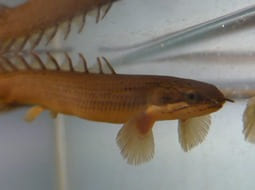
- Ph: 6 - 8
- Temperature (c°): 25 - 28
- Measures: 30 cm
- Aquarium Capacity:
45 Liters - 12 Gallons - Alimentación: Carnivores, Omnivores
- Colores: Brown, Green, Gris
- Comportamiento: Active, Likes to take refuge, Peaceful
- Habitad: African
- Preferencias del Acuario: Caves, Logs, Natural plants, Rocks
- Tamaño: Big
- Taxonomía: Fish
- Tipo de Agua: Sweet water, Tropical waters
- Velocidad de nado o movimiento: Normal
- Zona de Nado: Aquarium background

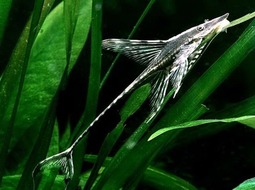
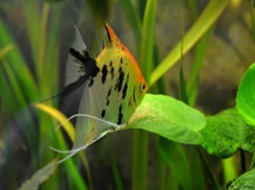
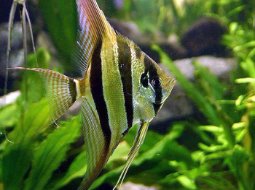
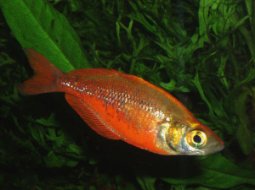
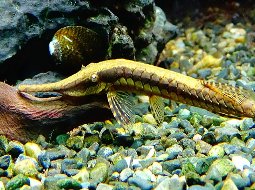
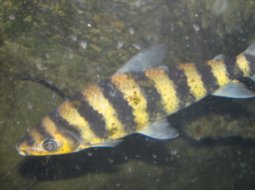

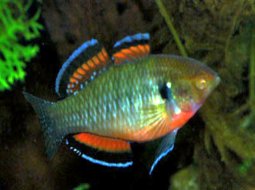
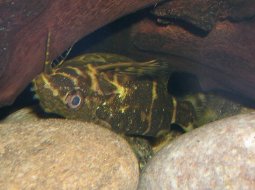
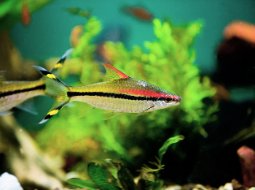
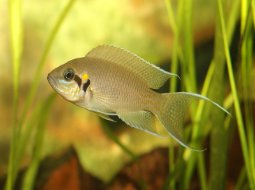
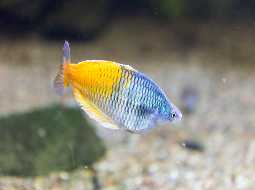
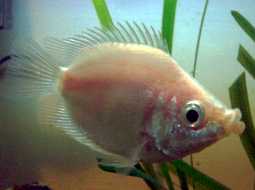
.jpg)
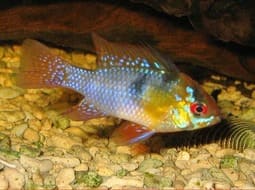
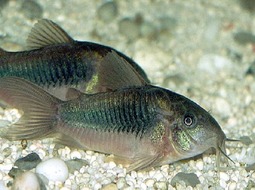
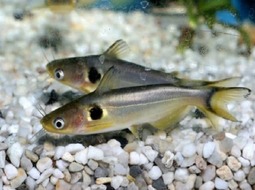
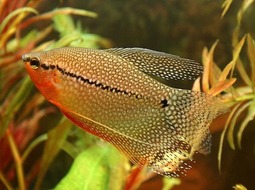
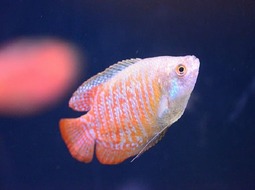
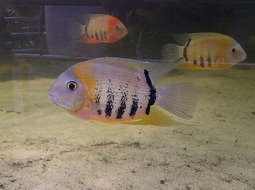
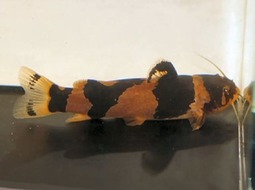
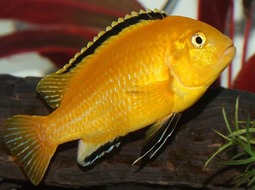
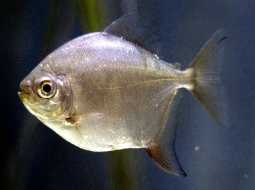
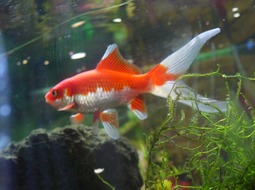
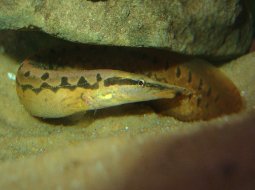
.jpg)

